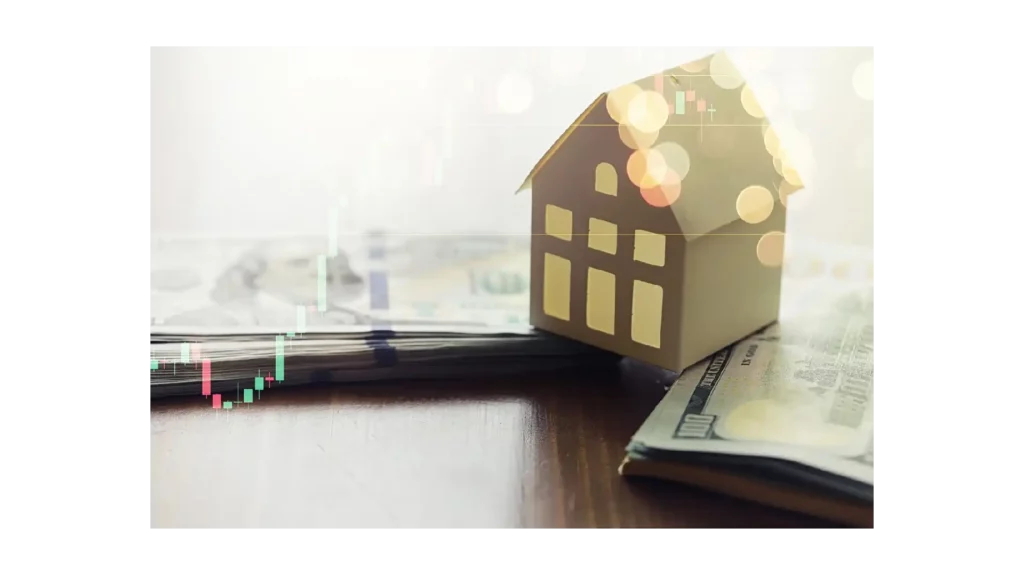In today's world, where environmental sustainability and economic efficiency are paramount concerns, Wisconsin homeowners are increasingly turning to home energy audits as a powerful tool for improving their homes.
A Wisconsin home energy audit is more than just an assessment; it's a comprehensive evaluation of a residential property's energy usage and inefficiencies.
In this extensive guide, we will take a deep dive into the world of Wisconsin home energy audits, examining what they entail, why they matter, and how they can profoundly benefit homeowners.
Understanding the Basics of Wisconsin Home Energy Audits
What is a Wisconsin Home Energy Audit?
A Wisconsin home energy audit, often referred to as a home energy assessment, is an intricate process designed to analyze and evaluate a residential property's energy performance comprehensively.
It involves a meticulous inspection of various structural and system components, such as insulation, heating and cooling systems, windows, doors, and household appliances.
The primary goal of this audit is to identify areas where energy is wasted or inefficiently used within the home's ecosystem.
Why are Wisconsin Home Energy Audits Important?
- Energy Savings: At its core, a home energy audit empowers homeowners to uncover hidden inefficiencies that, once addressed, can lead to substantial energy savings over time.
- Cost Reduction: Beyond the immediate benefits of energy savings, these audits translate into lower utility bills, providing homeowners with more financial flexibility.
- Environmental Impact: Lowering energy consumption through audits plays a crucial role in reducing greenhouse gas emissions, contributing to the global effort to combat climate change.
- Improved Comfort: The ripple effect of these audits ensures that the home environment becomes more comfortable, with fewer drafts, temperature fluctuations, and an overall enhanced living experience.
- Increased Property Value: An energy efficient homes are increasingly attractive to potential buyers and can significantly increase the resale value of your property.
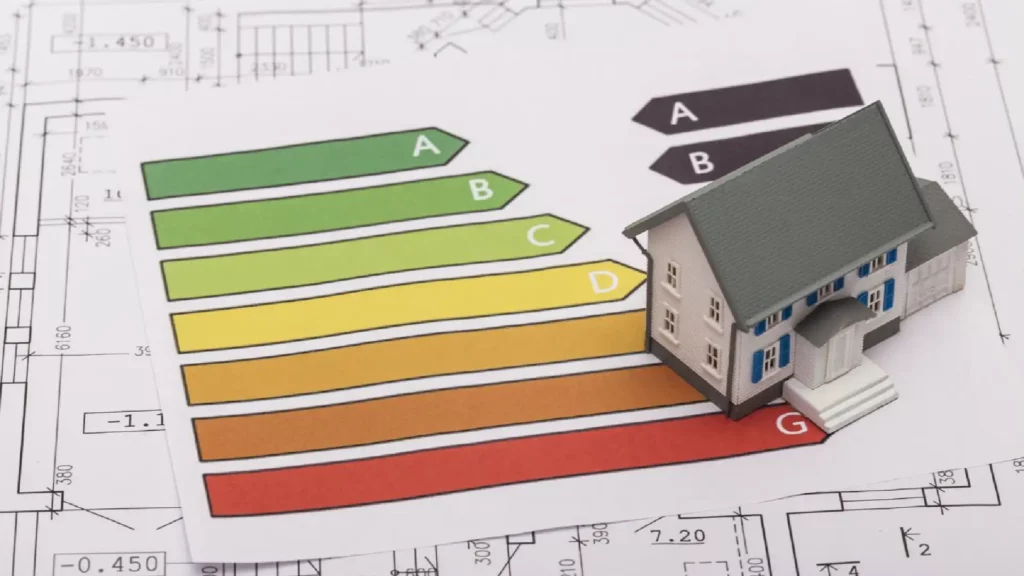
The Wisconsin Home Energy Audit Process
Before scheduling a Wisconsin home energy audit, homeowners should embark on a preparatory journey, gathering essential information about their property.
This information includes utility bills, home improvement history, and any existing issues related to energy efficiency.
By compiling these details, homeowners provide auditors with a comprehensive perspective of their property, enabling more precise and insightful assessments.
Conducting the Audit
The actual audit is a multifaceted process that unfolds as follows:
- Visual Inspection: Auditors embark on a meticulous visual inspection of the home's exterior and interior, scrutinizing every nook and cranny for signs of energy inefficiency. This stage involves identifying gaps in insulation, assessing the condition of windows and doors, and evaluating the overall state of household appliances and systems.
- Blower Door Test: The blower door test is a crucial component of the audit. It involves depressurizing the home, allowing auditors to pinpoint areas where air is leaking in or out, contributing to energy waste.
- Thermographic Scanning: Auditors employ infrared cameras to detect temperature disparities within the home. These scans reveal areas where insulation is lacking or compromised, providing valuable insights for improvement.
- Appliance and HVAC System Inspection: A detailed assessment of energy-efficient HVAC systems and equipment is performed, identifying opportunities for upgrades or optimizations.
Post-Audit Analysis and Recommendations
Upon completing the audit, auditors compile a comprehensive report that encompasses all their findings and recommendations for improving energy efficiency.
- Insulation Upgrades: Detailed suggestions on adding or enhancing insulation in walls, floors, and attics to curtail heat loss and maximize energy conservation.
- Sealing Air Leaks: Identification and precise sealing of gaps, cracks, and drafts around windows, doors, and other openings, thereby bolstering the home's energy efficiency.
- Upgrading HVAC Systems: Recommendations for replacing older heating and cooling systems with energy-efficient models that deliver superior performance while consuming less energy.
- Lighting and Appliance Upgrades: Guidance on transitioning to energy-efficient LED lighting and upgrading appliances to Energy Star-rated models.
- Behavioral Changes: Personalized advice and tips on altering habits and practices to further reduce energy consumption.
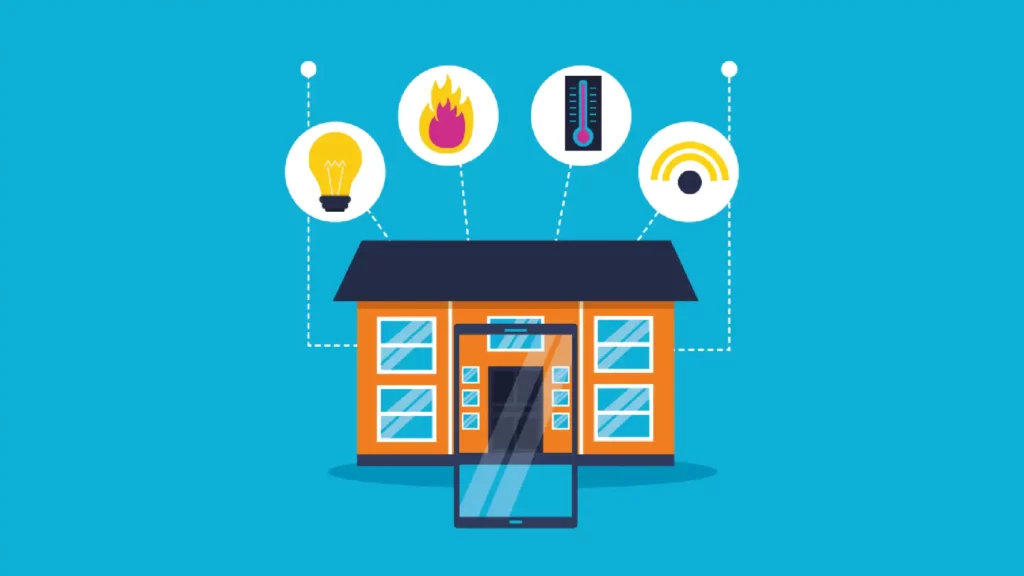
Implementation of Recommendations
Armed with the audit report and its recommendations, homeowners embark on the journey of implementing these changes. This stage includes:
- Prioritizing Recommendations: Homeowners review the recommendations and prioritize them based on their budget and the potential for energy savings. This allows for a phased approach to improvements.
- Seeking Financial Assistance: Homeowners can explore available incentives, rebates, and financing options provided by Wisconsin's energy efficiency programs to help cover the cost of upgrades, making the transition to energy efficiency more financially feasible.
- DIY vs. Professional: Depending on the complexity of the recommendations, homeowners can choose to tackle some improvements themselves or enlist the services of professionals. For instance, HVAC or insulation specialists may be required for certain tasks.
- Monitoring Progress: To assess the impact of implemented changes, homeowners track their energy usage before and after making improvements, enabling them to quantify the benefits in terms of reduced utility bills and enhanced energy efficiency.
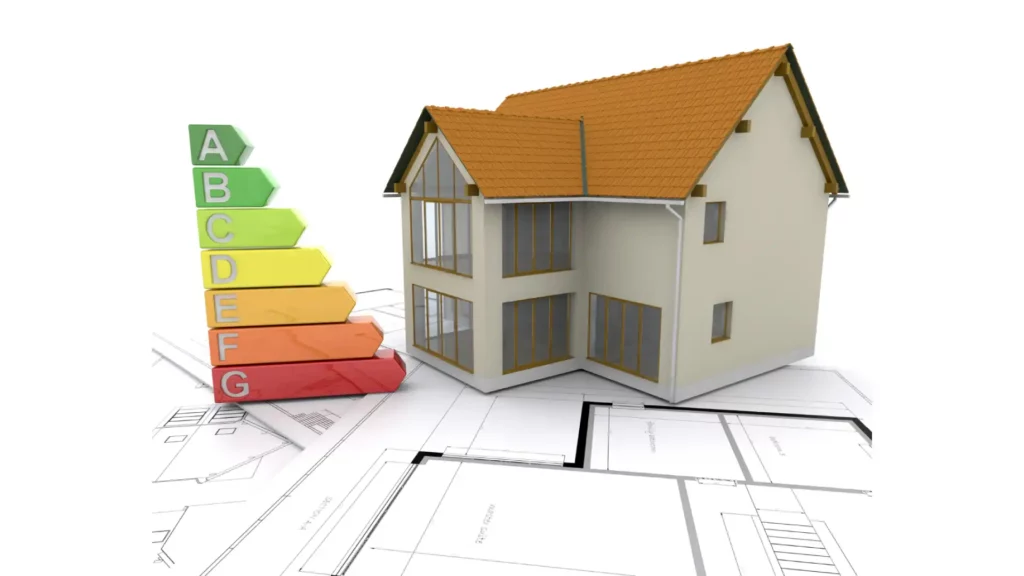
Benefits of a Wisconsin Home Energy Audit
- Energy and Cost Savings
The main benefit of a Wisconsin home energy audit is saving energy and money. By fixing problems and making recommended changes, homeowners can lower their monthly bills. Though the audit and upgrades may be costly at first, the long-term savings are worth it.
- Environmental Impact
Home energy audits in Wisconsin are crucial for reducing homeowners' environmental impact. They help minimize carbon footprint and cut energy consumption, aligning with global climate change efforts.
- Improved Comfort
A more energy-efficient home is also more comfortable. Proper insulation and sealing air leaks offer consistent temperatures, fewer drafts, and a pleasant living experience for you and your family, despite extreme Wisconsin weather.
- Increased Property Value
Energy-efficient homes are in demand in the real estate market. A home's energy audit report can raise its resale value. Buyers pay more for a property with lower operating costs and sustainability.
- Access to Incentives and Rebates
Wisconsin has incentives to encourage homeowners to improve energy efficiency, helping offset costs and making it more financially feasible to invest in energy-saving upgrades.
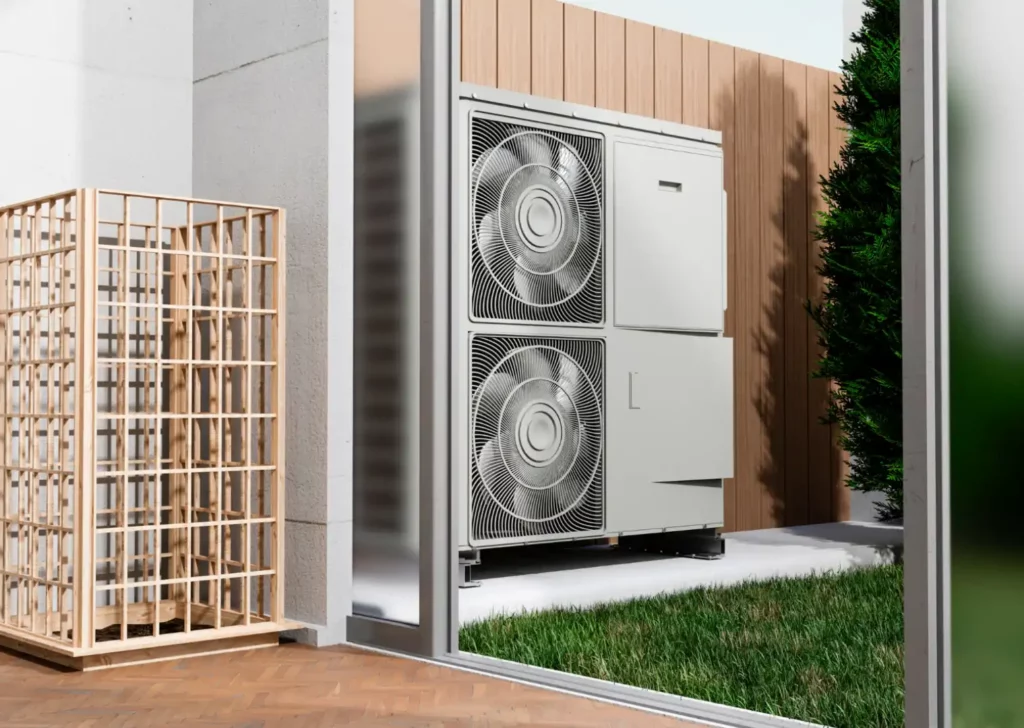
Finding a Qualified Wisconsin Home Energy Auditor
Selecting the right auditor is a pivotal step in ensuring the accuracy and effectiveness of your home energy audit.
Consider the following factors when choosing an auditor:
- Certifications: Verify that the auditor holds certifications from reputable organizations such as the Building Performance Institute (BPI) or RESNET, ensuring their competence in conducting audits.
- Experience: Opt for an auditor with a proven track record and a wealth of experience in performing home energy audits, as this expertise translates into more insightful and actionable recommendations.
- References: Request references from previous clients and peruse online reviews to gauge the auditor's reputation and customer satisfaction.
- Licensed and Insured: Confirm that the auditor is licensed and carries liability insurance, providing protection for both you and the auditor during the audit process.
- Transparent Pricing: Seek a detailed breakdown of the audit cost, along with any additional fees for follow-up visits or additional services. Transparency in pricing is a sign of professionalism and integrity.

How to Prepare for Your Wisconsin Home Energy Audit
To ensure that your home energy audit is as productive and informative as possible, it's essential to prepare your home and yourself in advance:
- Gather Documentation: Collect all relevant documentation, including utility bills, records of past home improvements, and any documentation related to your home's history, such as previous energy assessments.
- Clear Access: Ensure that auditors have clear and unobstructed access to all areas of your home, including the attic, basement, and crawl spaces. This facilitates a comprehensive assessment.
- Make a List of Concerns: Prioritize any specific areas or issues that you would like the auditor to address during the audit. This ensures that your specific concerns are taken into account during the assessment.
- Be Present: While it is not mandatory, being present during the audit can be highly beneficial. It allows you to ask questions, gain a deeper understanding of the findings and recommendations, and actively participate in the process.
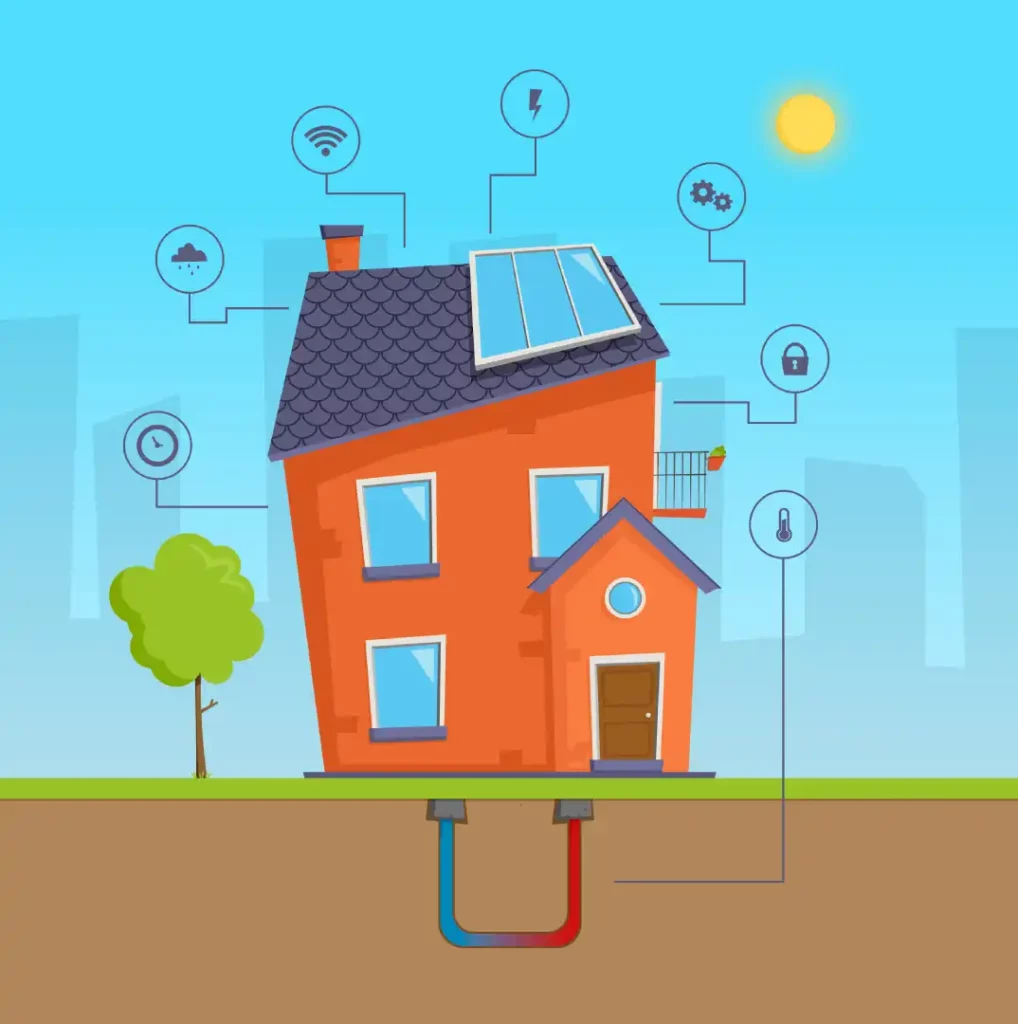
Taking Action and Implementing Recommendations
With the audit report and its recommendations in hand, it's time to take meaningful action:
- Prioritize Recommendations: Review the audit report thoroughly and prioritize the recommendations based on your budget and the potential for energy savings. This step enables homeowners to plan and execute improvements systematically.
- Seek Financial Assistance: Explore the various incentives, rebates, and financing options offered by Wisconsin's energy efficiency programs to help offset the cost of upgrades. These financial aids can make the transition to energy efficiency more accessible.
- DIY vs. Professional: Depending on the complexity of the recommendations, homeowners can decide whether to undertake some improvements themselves or enlist the services of professionals.
- Monitor Progress: After implementing changes, closely monitor your energy usage before and after the improvements. This monitoring allows you to quantitatively assess the impact of your efforts, particularly in terms of reduced utility bills and enhanced energy efficiency.
Frequently Asked Questions (FAQs)
1. What is the typical cost of a Wisconsin home energy audit?
The cost of a Wisconsin home energy audit can vary depending on the size of your home, its location, and the level of detail you require. On average, you can expect to pay anywhere from $200 to $600 for a standard audit. However, it's essential to keep in mind that the potential energy savings and long-term benefits often outweigh the initial investment.
2. How long does a Wisconsin home energy audit take to complete?
The duration of a Wisconsin home energy audit can range from 2 to 4 hours, but it may be longer for larger or more complex homes. It's essential to allow auditors the time needed to conduct a thorough assessment to ensure accurate findings and recommendations.
3. What is the difference between a blower door test and a thermographic scan?
A blower door test and a thermographic scan are both integral parts of a Wisconsin home energy audit but serve different purposes. The blower door test measures airtightness by depressurizing your home to identify air leaks. In contrast, a thermographic scan uses infrared cameras to detect temperature differences, revealing areas where insulation is lacking or compromised. Together, they provide a comprehensive view of your home's energy efficiency.
4. Can I perform a Wisconsin home energy audit myself?
While there are DIY energy audit kits available, a professional Wisconsin home energy audit conducted by certified auditors is highly recommended. Professionals possess the knowledge, experience, and specialized equipment to identify even subtle energy inefficiencies and provide tailored recommendations for your home.
5. What financial incentives are available for implementing energy-efficient upgrades in Wisconsin?
Wisconsin offers several financial incentives and programs to encourage energy-efficient upgrades, including rebates, tax credits, and low-interest loans. The Focus on Energy program is a valuable resource for homeowners looking to offset the cost of improvements. Check with your local utility providers and government agencies for additional opportunities and incentives.
Conclusion
A Wisconsin home energy audit is an invaluable investment in your home's future. It offers not only immediate benefits in terms of energy and cost savings but also long-term advantages related to environmental impact, comfort, and property value.
By gaining a deep understanding of the audit process, its benefits, and how to select a qualified auditor, Wisconsin homeowners can embark on a journey toward creating a more energy-efficient, sustainable, and comfortable living environment in the beautiful state of Wisconsin.
Source
https://www.energy.gov/energysaver/home-energy-assessments
https://www.energy.gov/energysaver/do-it-yourself-home-energy-assessments

